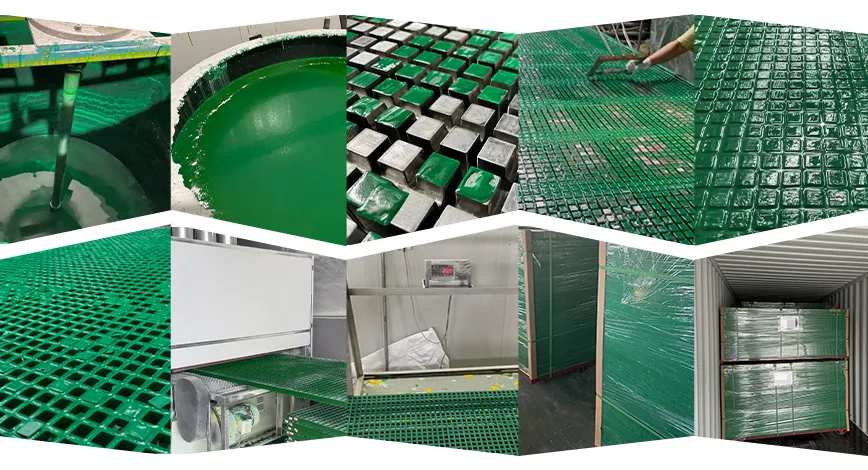loading...
- No. 9, Xingyuan South Street, Dongwaihuan Road, Zaoqiang County, Hengshui, Hebei, China
- admin@zjcomposites.com
- +86 15097380338
- Welcome to visit our website!
Innovative Solutions for FRP Water Tank Design and Application
The Importance of FRP Water Tanks Benefits and Applications
In today's fast-paced world, the demand for efficient and durable water storage solutions has never been greater. One innovative solution that has gained traction in recent years is the use of Fiberglass Reinforced Plastic (FRP) water tanks. These tanks have become a preferred choice for various applications due to their numerous advantages over traditional materials such as concrete and metal.
FRP water tanks are made by combining fiberglass with a plastic resin, resulting in a strong, lightweight, and corrosion-resistant material. This unique composition offers several significant benefits. Firstly, one of the primary advantages of FRP tanks is their longevity. Unlike metal tanks, which are prone to rusting and corrosion, FRP tanks have a lifespan that can exceed 30 years when properly maintained. This durability translates to lower replacement and maintenance costs over time.
The Importance of FRP Water Tanks Benefits and Applications
Another benefit of FRP water tanks is their lightweight nature. Compared to concrete tanks, FRP tanks are significantly lighter, making them easier to transport and install. This lightweight property can also reduce the structural load on the foundations, which is particularly advantageous in areas with unstable soil conditions or where building regulations demand stringent load limitations.
frp water tank

Moreover, FRP tanks are versatile in design. They can be molded into different shapes and sizes, allowing them to fit various installation spaces and meet the specific needs of different applications. Whether for residential use, agricultural purposes, or industrial applications, FRP tanks can be customized to provide optimal storage solutions.
One of the key considerations for any water storage system is its insulation properties. FRP tanks offer excellent thermal insulation, helping to maintain the temperature of the stored water. This is particularly beneficial for hot climates where water can heat up rapidly, leading to quality degradation. By managing temperature effectively, FRP tanks help preserve the water’s freshness and minimize the growth of bacteria or algae.
Besides these practical advantages, environmental sustainability is also a crucial factor in the choice of water storage solutions. FRP manufacturing processes are generally less harmful to the environment compared to traditional materials, and FRP tanks can also be recycled at the end of their lifespan, further reducing their environmental impact.
In conclusion, FRP water tanks represent a modern solution to the growing demand for efficient and reliable water storage. Their exceptional durability, resistance to corrosion, lightweight design, and versatility make them suitable for a wide range of applications, from residential to industrial. As the world increasingly emphasizes sustainability, FRP tanks stand out as a viable option that meets both performance and environmental standards. Investing in FRP water tanks is not just a practical choice; it is also a step toward a more sustainable future. Whether you are managing water resources in a rural area or overseeing industrial operations, FRP tanks offer a dependable solution that can enhance efficiency and reliability in your water storage systems.
-
The Rise of FRP Profiles: Strong, Lightweight, and Built to LastNewsJul.14,2025
-
SMC Panel Tanks: A Modern Water Storage Solution for All EnvironmentsNewsJul.14,2025
-
GRP Grating: A Modern Solution for Safe and Durable Access SystemsNewsJul.14,2025
-
Galvanized Steel Water Tanks: Durable, Reliable, and Ready for UseNewsJul.14,2025
-
FRP Mini Mesh Grating: The Safer, Smarter Flooring SolutionNewsJul.14,2025
-
Exploring FRP Vessels: Durable Solutions for Modern Fluid HandlingNewsJul.14,2025
-
GRP Structures: The Future of Lightweight, High-Performance EngineeringNewsJun.20,2025
